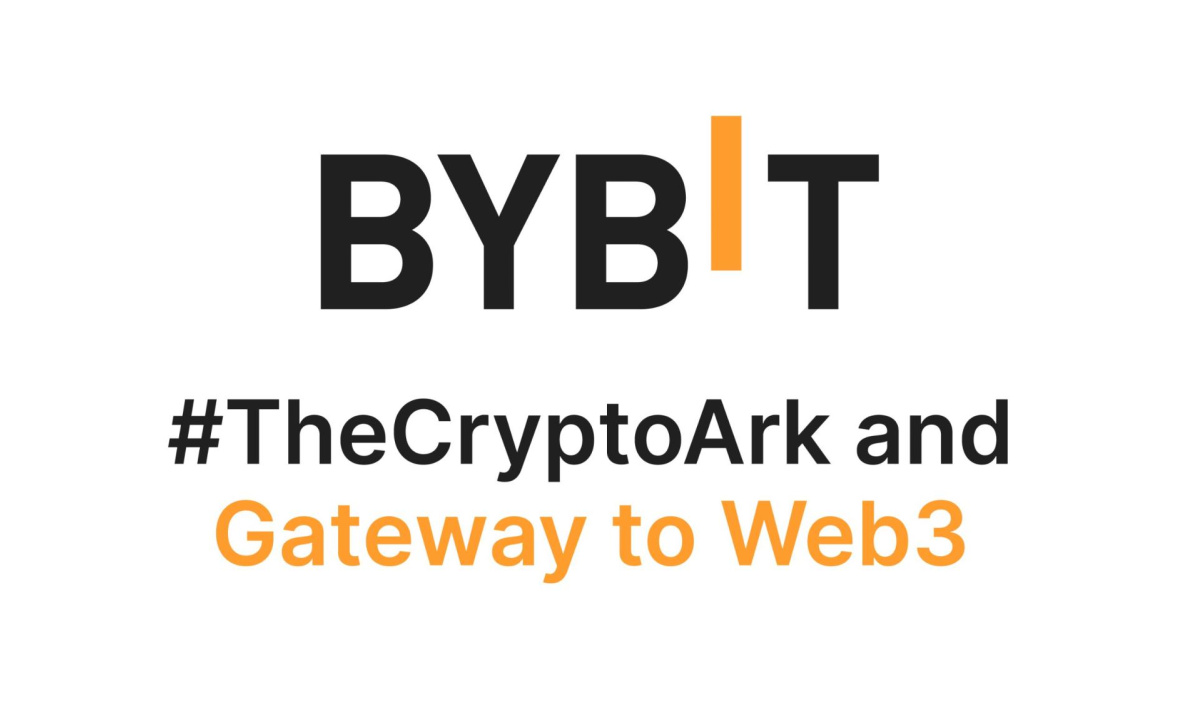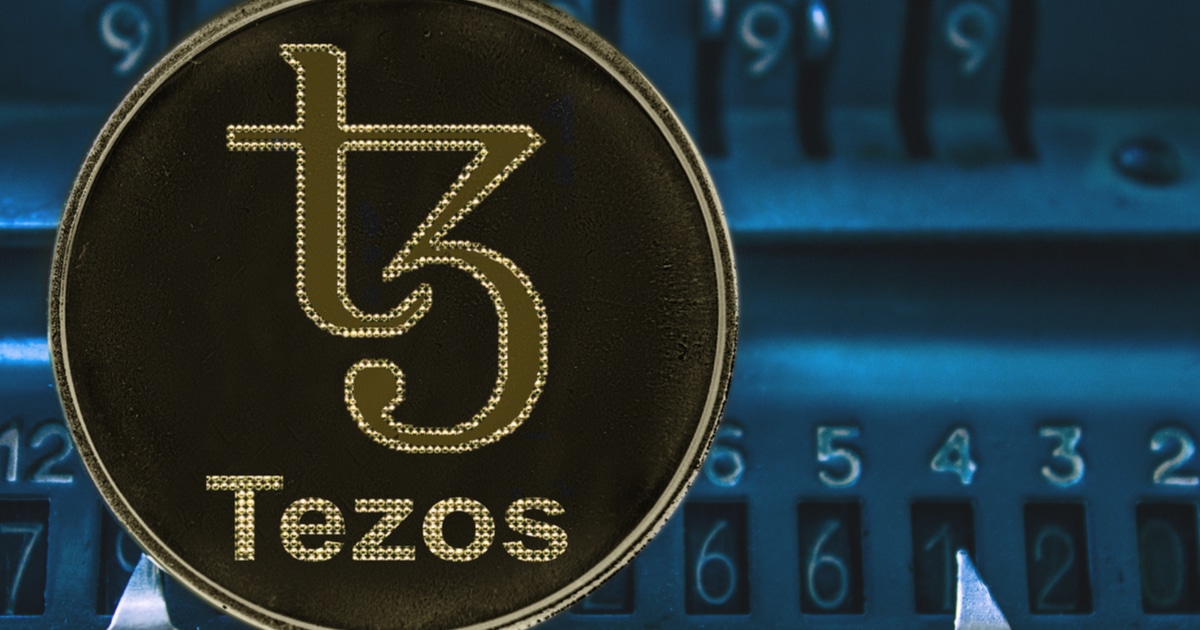Crypto scams involving bogus giveaways have grown into a black market industry of sorts with several services designed to support fraudulent activities.
Group-IB, a Singaporean cybersecurity company, revealed in a report that the incidence of cryptocurrency frauds involving phony domains, which are used as welcome pages for YouTube fraud streams, skyrocketed in the first half of this year.
In the first six months of this year, Group-IB identified more than 2,000 domains registered to be utilized as bogus promotion websites.
Crypto Scams Balloon At An Alarming 335%
The number of these domains represent an increase of 335% over the volume recorded in 2021, with the majority of operations, despite being registered with Russian entities, targeting English- and Spanish-speaking crypto investors.
In February of this year, researchers discovered a spike in the number of crypto scam and bogus YouTube streams showcasing prominent figures such as Elon Musk, Christian Ronaldo, Brad Garlinghouse, Michael J. Saylor, and Cathie Wood.
Group-IB reported that the crypto scam operators used videos of well-known entrepreneurs and crypto enthusiasts to convince users to visit a promotional website to double their crypto investment by transferring crypto to a designated location or divulging details of their crypto wallet in exchange for even better returns.
Popular YouTuber Scuba Jake has recently confirmed that his channel, which has more than 13 million subscribers and 1.75 billion views since it started in 2011, was hacked.
On September 9, crypto scammers took over the channel and tried to trick followers into giving them money through a fake Bitcoin and Ethereum giveaway.
The expansion of this type of fraud is made feasible by the existence of an underground market devoted to the sale of all the software necessary to create a fraudulent YouTube-hosted crypto stream, as well as the high level of attention and savvy that these streams employ.
Scammers’ Level Of Sophistication Expanding
Keywords like Bitcoin, Ethereum, Shiba Inu, and XRP, to mention a few, get an average of 10,000 to 20,000 readers to the majority of online sites.
As previously reported, between January and March of this year, researchers uncovered 583 fraudulent websites associated with the operation. During the second quarter, the team has found over 1,500 additional domains created by scammers to promote fraudulent giveaways.
Group-IB stated: “Scams aimed at crypto-enthusiasts are getting more prevalent, and their breadth and sophistication are expanding.”
The Singaporean cybersecurity company noted that crypto giveaway scams have evolved into “a lucrative illicit market segment where small-time scammers and more sophisticated cybercriminals work together to systematize and improve operations.”
Meanwhile, cybercriminals have even been able to generate live holograms of exchange staff in order to deceive victims and collect a charge for a future listing opportunity using deepfakes. A deepfake video depicting a celebrity cost approximately $30 to produce.
Crypto total market cap at $892 billion on the daily chart | Source: TradingView.com Featured image from Business Insider, Chart: TradingView.com
Credit: Source link























